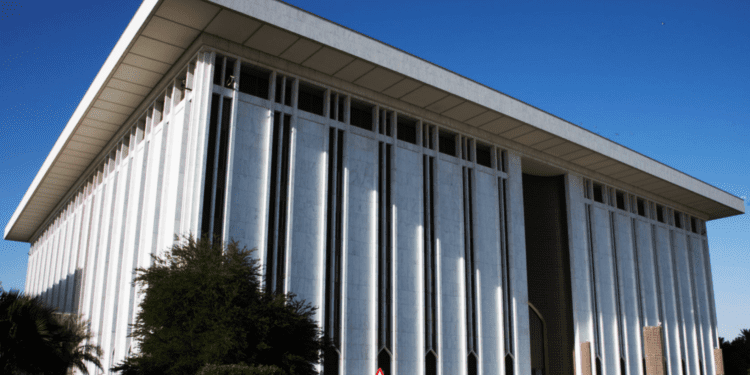Saudi Arabia’s Central Bank has appointed Mohsen Alzahrani as its virtual assets and central bank digital currency (CBDC) lead, according to reports by Bloomberg. AlZahrani, Accenture’s former managing director, will be reporting to Saudi Central Bank’s deputy governor for development and technology Ziad Bander Alyousef.
Signs of Saudi Arabia’s Crypto Adoption
Up until now, Saudi Arabia has taken a more cautious stance on cryptocurrencies and other digital assets raising concerns about their volatile nature. However, with the emergence of the United Arab Emirates (UAE) as a global digital asset hub, neighboring Saudi Arabia is looking to formulate formal regulatory guidelines for the crypto asset class (Bloomberg).
AlZahrani will work together with a team in Riyadh which is currently engaging some of the largest crypto companies in the world on regulating the space.
The Kingdom has been reportedly encouraging companies to increase their operations in Riyadh as part of its leader Crown Prince Mohammed bin Salman’s plans to turn the city into a global tech hub. As such, the latest move to appoint a crypto head by the banking regulator is viewed as a positive sign for potential cryptocurrency ambitions for the country. This poses a direct challenge to Dubai, the region’s business and digital hub.
Saudi Arabia’s Untapped Potential
The Gulf state is the largest economy in the Middle East, with a relatively opulent population, making it a significant market for any company operating in the region. According to Bloomberg, some of the largest companies in the crypto industry such as Binance Holdings Ltd. have set up their Saudi Teams as they recognise the potential in the Kingdom because of the large untapped market if the current restrictions are relaxed.
In 2018, the then Saudi Arabian Monetary Authority (SAMA) issued a statement on the state of engaging in digital assets in the country. The statement made it clear that trading in cryptocurrencies was illegal in the Middle East country due to “their negative consequences and high risks on the traders as they are out of government supervision.”
Local financial firms have reiterated the restrictions in the recent months in compliance with the directives issued by the regulator.
Meanwhile, in July 18, Dubai announced its plans to create more than $40,000 virtual jobs through its “Dubai Metaverse Strategy” in its quest to “become [number] 1 in the region and one of top 10 cities globally in terms of metaverse economy.” The Dubai Metaverse Strategy is also expected to add approximately $4 billion to the city’s economy over the next five years, said Crown Prince Hamdan bin Mohammed.
In line with this programme, top crypto exchanges such as Binance, Crypto.com, FTX and Bybit have received approvals and have since set up operations in Dubai.
The Saudi government has been reportedly collaborating with the UAE for several years now to tap into its technological advancements and to potentially develop a joint digital currency.














